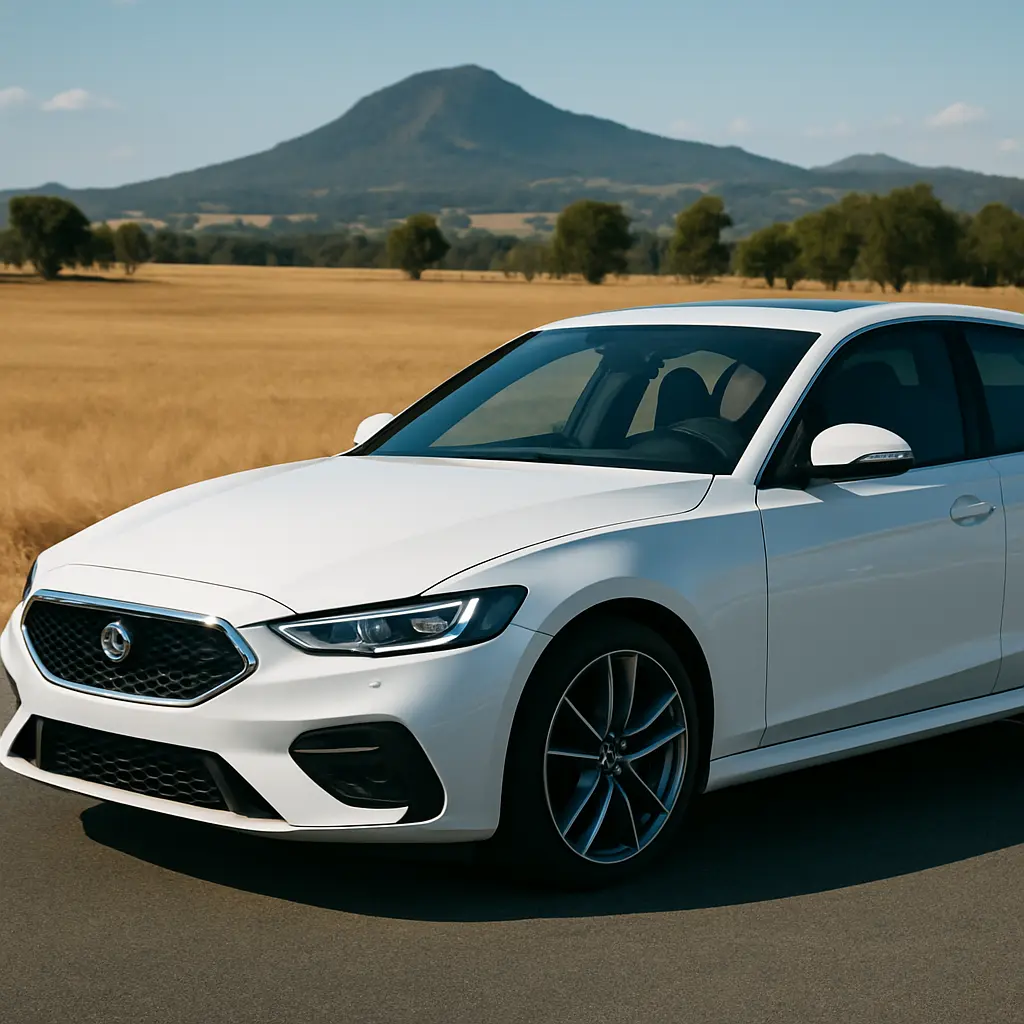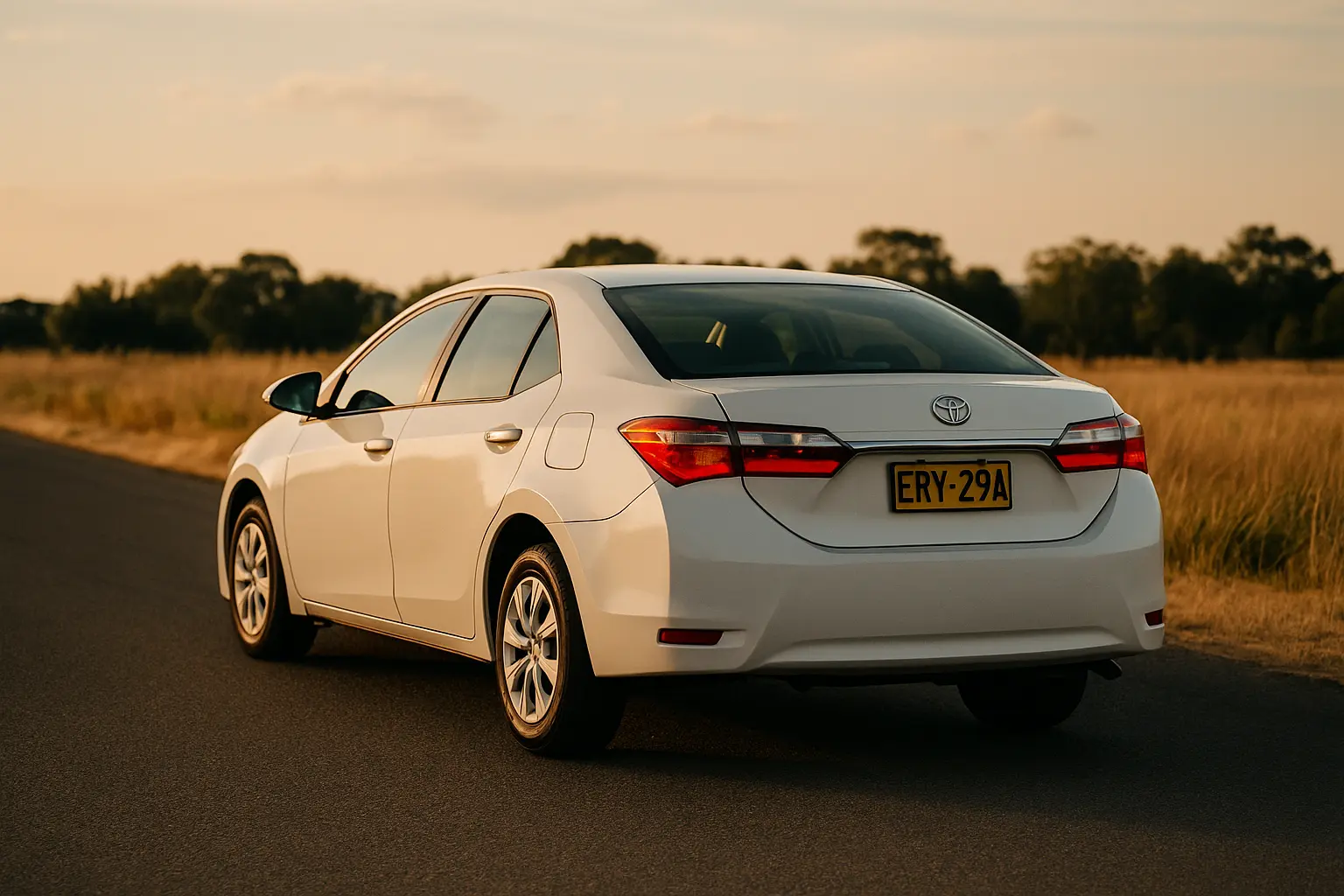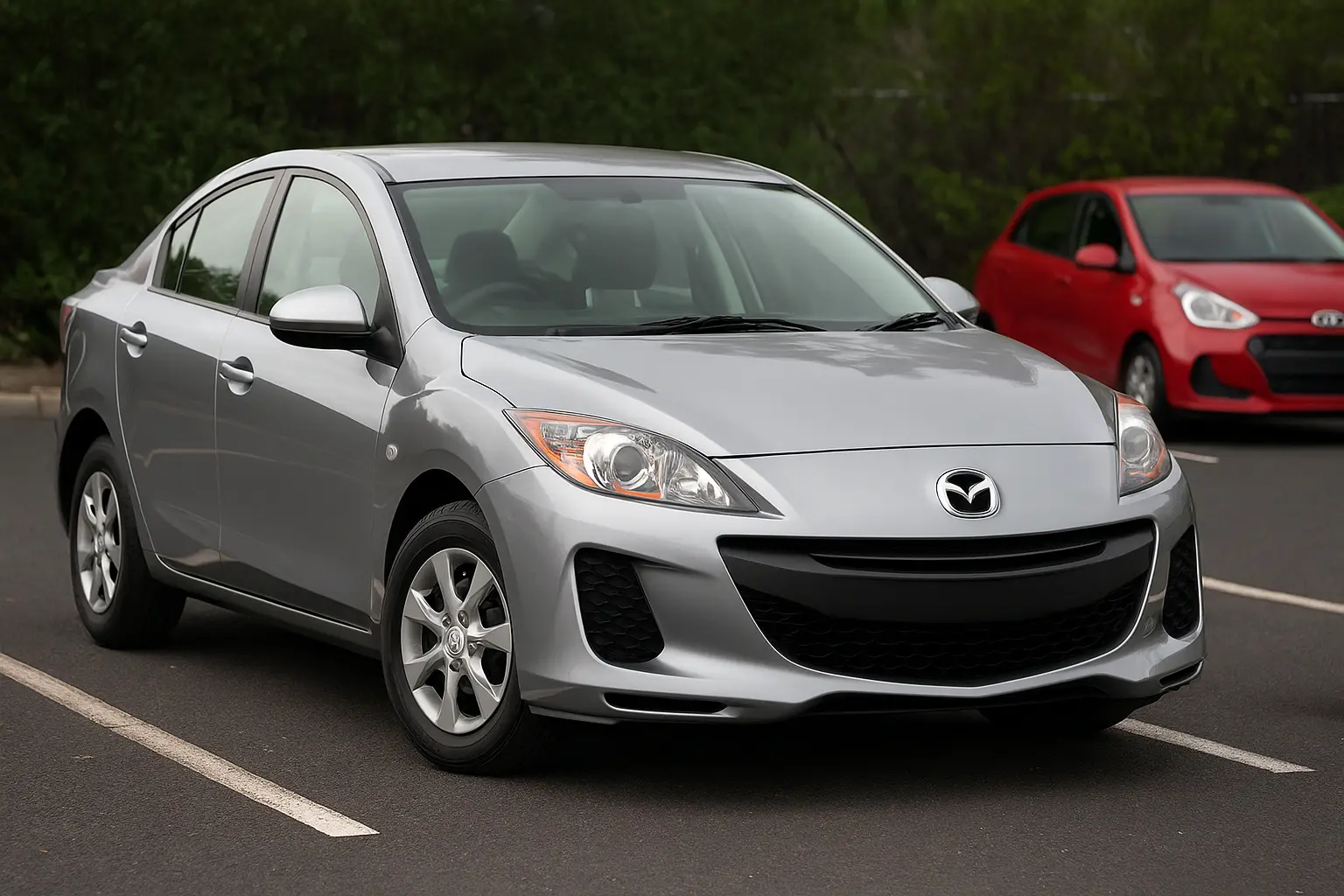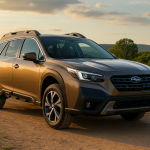Table of Contents
Introduction
What Makes Up Car Registration Costs?
Key Factors Affecting State-Based Rego Pricing
2025 Car Registration Fees by State (Overview Table)
State-by-State Breakdown:
New South Wales (NSW)
Victoria (VIC)
Queensland (QLD)
South Australia (SA)
Western Australia (WA)
Tasmania (TAS)
Australian Capital Territory (ACT)
Northern Territory (NT)
Why the Differences?
Which State Is the Most Expensive?
Tips to Save on Registration Costs
Future Changes: Rego Trends to Watch
Final Thoughts
1. Introduction

If you're planning to buy, move with, or register a car in Australia, understanding car registration costs is a must. In 2025, these costs can vary by hundreds of dollars depending on where you live. With car ownership already being a significant expense for Aussies, registration—also called "rego"—adds to the annual burden.
So, which state is the most expensive? And why is there such a difference in pricing for essentially the same thing? This guide unpacks it all.
2. What Makes Up Car Registration Costs?
Car registration isn't a flat fee. It's a mix of charges, often including:
Registration fee – The basic cost to register your vehicle.
Compulsory Third Party (CTP) insurance – Known as a Green Slip in NSW, it's mandatory and covers injuries to others in a crash.
Stamp duty – One-time cost based on vehicle value (for new registrations).
Additional levies – Road safety, administration, or transport improvement fees.
Some states bundle CTP into rego costs, others keep them separate. That’s why a full comparison must include all components.
3. Key Factors Affecting State-Based Rego Pricing
The variation in fees is due to multiple elements:
Government policy – Each state sets its own registration structure.
Population size – Larger states often have more vehicles, impacting fee models.
Road maintenance funding – Some states rely more on rego fees for road upkeep.
Insurance market regulation – States with private insurers for CTP see pricing variations.
Vehicle type & weight – Heavier or commercial vehicles often incur higher costs.
4. 2025 Car Registration Fees by State – Quick Comparison
| State/Territory | Avg. Annual Rego (incl. CTP) | CTP Insurer | Stamp Duty |
|---|---|---|---|
| NSW | $1100–$1300 | Private (e.g., AAMI, GIO) | 3–5% of vehicle value |
| VIC | $950–$1150 | TAC (fixed) | Based on dutiable value |
| QLD | $1000–$1200 | Multiple private insurers | 2–6% tiered |
| SA | $950–$1100 | Government regulated | Flat 4% rate |
| WA | $900–$1050 | ICWA (government) | Tiered 2.75–6.5% |
| TAS | $850–$950 | MAIB (fixed) | 3–4% of market value |
| ACT | $1200–$1350 | Government CTP | 3–4.2% depending on CO₂ |
| NT | $800–$950 | Government | 3% flat |
Note: Above figures are estimates for a standard 4-cylinder sedan used privately.
5. State-by-State Breakdown
New South Wales (NSW)
Registration Fee: ~$72–$200 depending on vehicle type.
CTP Insurance: ~$520–$600 (varies by insurer and location).
Additional Charges: Roads & Maritime fees, vehicle tax (based on tare weight).
Stamp Duty: 3%–5% of vehicle value on new purchase.
Total Cost (Avg): $1100–$1300/year
Why It’s Expensive: NSW has private CTP insurers, and metropolitan drivers pay more due to higher crash risk. Also, vehicle weight heavily influences fees.
Victoria (VIC)
Registration Fee: ~$300–$400
CTP (TAC Levy): ~$500 (fixed for most vehicles).
Additional Fees: Infrastructure & administration fees.
Stamp Duty: Based on vehicle category, ~3% for most vehicles.
Total Cost (Avg): $950–$1150/year
Note: While TAC (Transport Accident Commission) sets fixed CTP rates, regional discounts apply.
Queensland (QLD)
Registration Fee: $210–$470 depending on cylinder count.
CTP Insurance: ~$350–$500 via private providers.
Other Fees: Traffic improvement fee, admin charges.
Stamp Duty: Tiered 2–6%, based on vehicle type and emission level.
Total Cost (Avg): $1000–$1200/year
Tip: 4-cylinder cars get better rates. The tiered structure penalizes higher-emission cars.
South Australia (SA)
Registration Fee: ~$280–$350
CTP Insurance: ~$400–$480 (set by government).
Stamp Duty: Fixed 4%
Other Costs: Admin fee and emergency services levy.
Total Cost (Avg): $950–$1100/year
Note: One of the more stable pricing structures due to government control.
Western Australia (WA)
Rego Fee: ~$270–$330
CTP Insurance: ~$400–$470 (ICWA controlled).
Stamp Duty: Tiered; 2.75%–6.5% depending on price.
Total Cost (Avg): $900–$1050/year
Interesting Fact: Heavier vehicles and 4WDs incur notably higher charges.
Tasmania (TAS)
Rego Fee: ~$250–$300
CTP Insurance: ~$400 (fixed by MAIB)
Stamp Duty: 3–4% of market value.
Total Cost (Avg): $850–$950/year
Remark: One of the most affordable states for car rego—especially for smaller cars.
Australian Capital Territory (ACT)
Rego Fee: ~$320–$400
CTP Insurance: ~$600–$700 (government controlled)
Stamp Duty: Based on CO₂ emissions – cleaner cars pay less.
Total Cost (Avg): $1200–$1350/year
Why It’s High: ACT penalizes high-emission vehicles and has one of the highest fixed CTP rates.
Northern Territory (NT)
Rego Fee: ~$200–$280
CTP Insurance: ~$500 (government administered)
Stamp Duty: Flat 3%
Total Cost (Avg): $800–$950/year
Insight: NT’s fees are among the most affordable, reflecting its sparse road network and smaller population.
6. Why the Differences?
CTP Insurance Competition: NSW and QLD have private providers which means rates vary and are often higher.
Environmental Policy: ACT and QLD incorporate CO₂ emissions into pricing.
Road Funding Strategy: States like NSW use vehicle weight to fund road maintenance.
Population & Admin Costs: More populated areas often have costlier insurance due to greater accident rates.
7. Which State Is the Most Expensive in 2025?
🏆 ACT tops the list, with the average driver paying between $1200–$1350 per year. It’s followed closely by NSW and QLD.
On the flip side, Tasmania and the Northern Territory offer the cheapest registration in the country.
8. Tips to Save on Registration Costs
Drive a 4-cylinder car: Lighter cars with lower emissions usually attract lower fees.
Check for regional discounts: Some states offer cheaper rates for rural drivers.
Choose a low-emission car: Especially in the ACT and QLD, you’ll pay less rego on greener vehicles.
Pay yearly: Avoid monthly payments that often incur service charges.
Bundle services: Some insurers offer CTP + rego deals at a discount.
9. Future Changes: Rego Trends to Watch
In 2025, a few key trends are reshaping the landscape of vehicle registration:
Emissions-Based Pricing: Expect more states to follow the ACT’s lead in linking fees to environmental impact.
Digital Rego Systems: NSW and VIC are upgrading their online rego systems, making renewals easier.
EV Incentives: Some states may waive or reduce registration fees for electric vehicles (already happening in VIC and SA).
Road Usage Charges: Long-term shift toward pay-per-kilometre pricing for EVs is likely to grow.
10. Final Thoughts
Whether you're registering a new car, relocating interstate, or just budgeting your annual car costs, understanding the rego landscape in Australia is crucial. With 2025 seeing price shifts and emission-focused reforms, it's smart to compare and plan accordingly.
If you live in ACT or NSW, brace for higher fees. If you're lucky enough to call Tasmania or the NT home, you’ll enjoy some of the cheapest rego rates in the country.
As car tech evolves and environmental concerns grow, registration systems are sure to get more complex—but knowing the breakdown by state helps you stay in control of your motoring budget.
Leave a comment
Your email address will not be published. Required fields are marked *




















